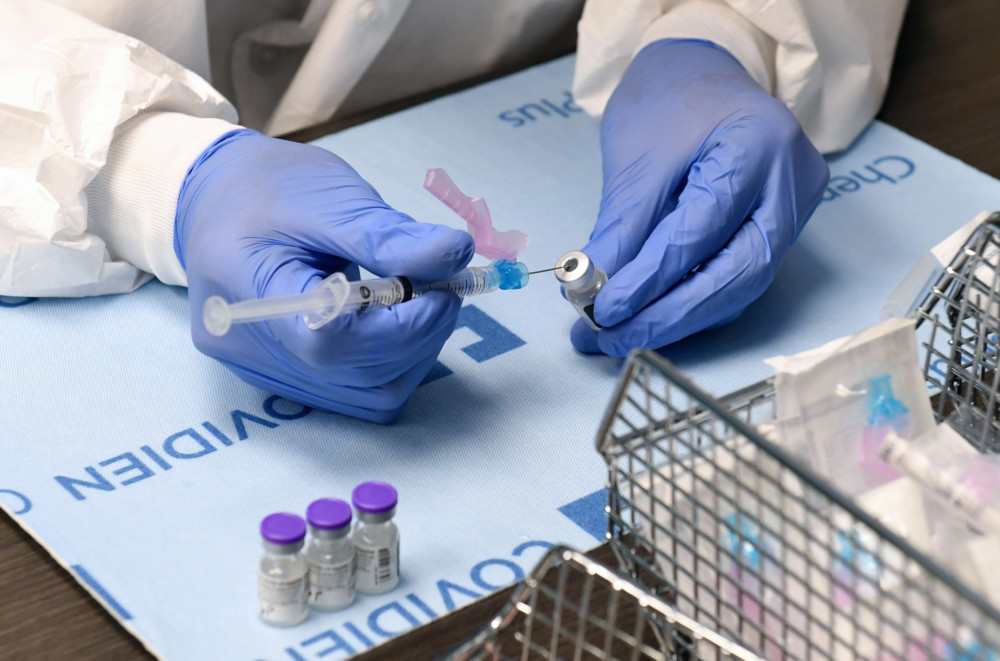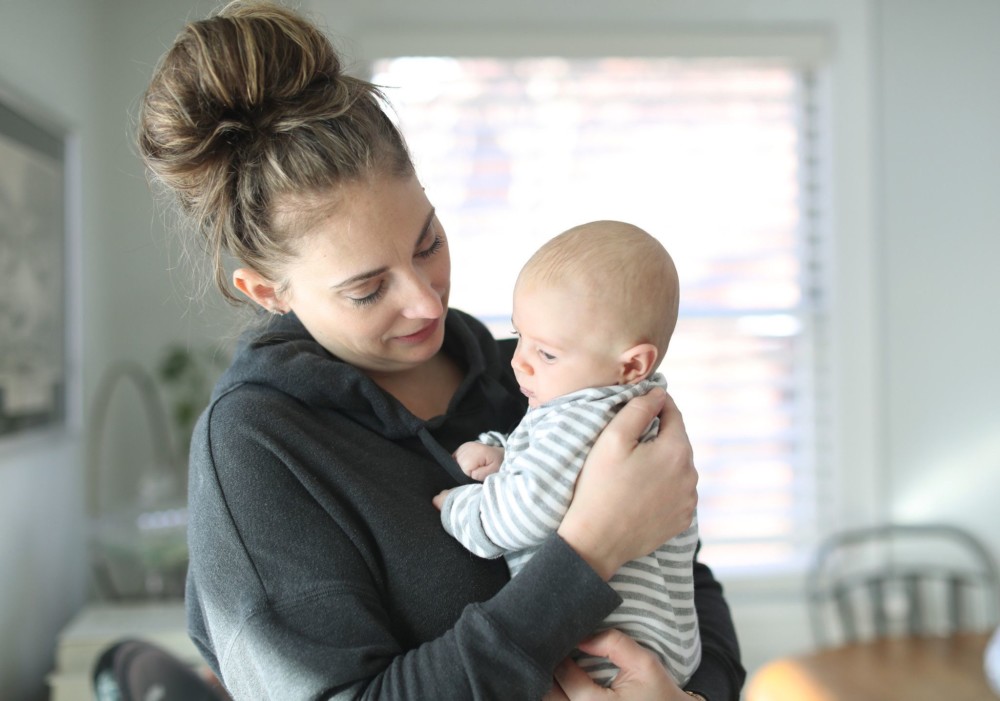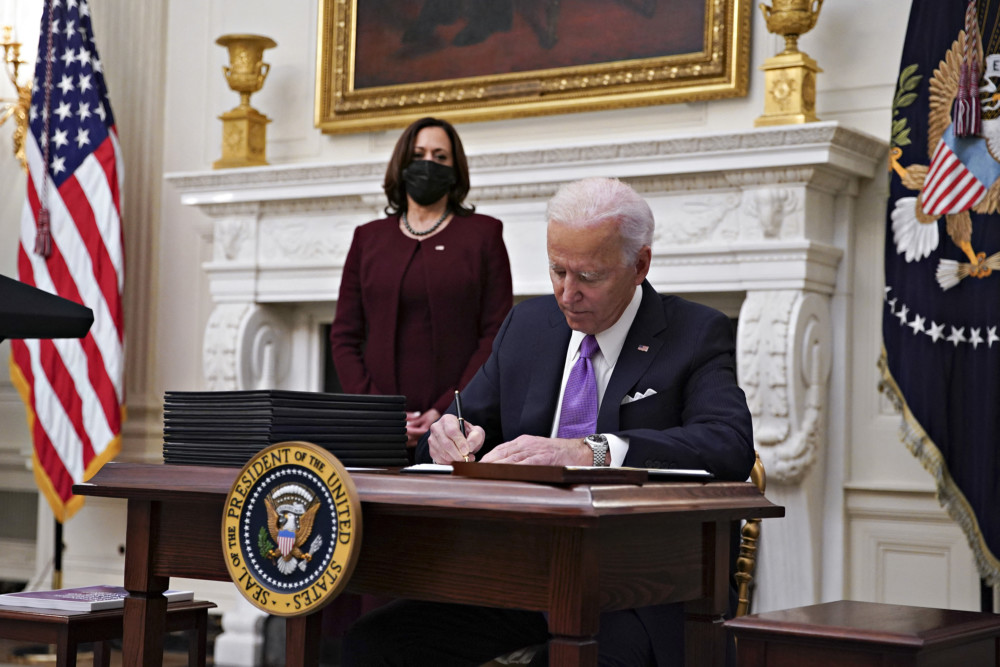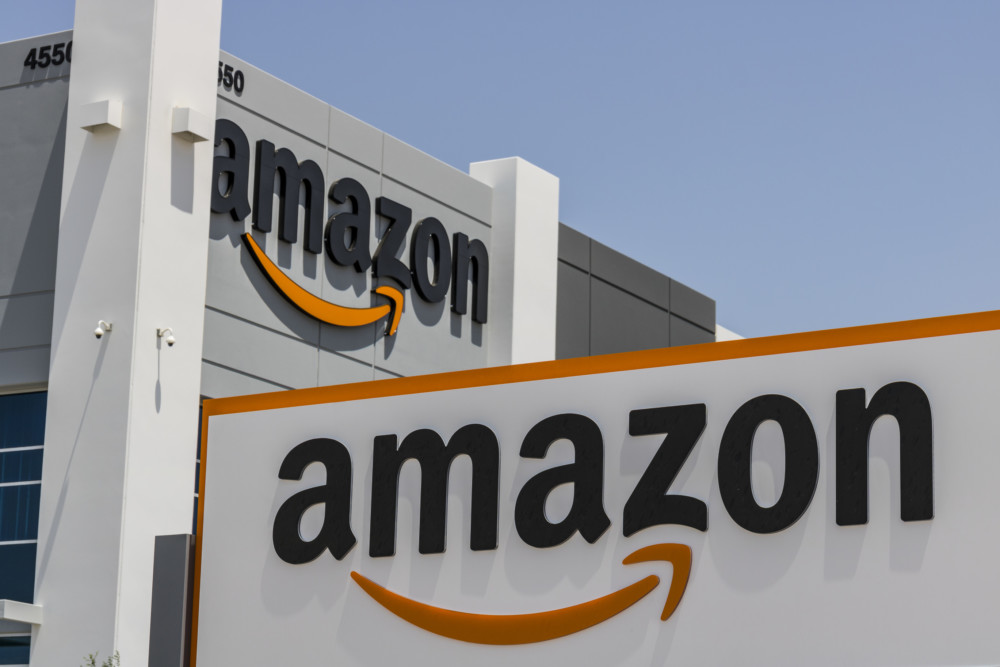Rob Wile
Miami Herald
WWR Article Summary (tl;dr) With shippers already stretched to the max with holiday e-commerce deliveries, the shipments of the new COVID-19 vaccines could make Santa’s job even more complicated.
Miami
The U.S. Postal Service doesn’t normally deliver on Sundays. But if you’ve seen your regular mail person zipping through the neighborhood on the weekend lately, it’s not a dream.
As logistics and delivery companies try to avert a holiday “shipageddon” amid the pandemic-inducted e-commerce boom, logistics companies expect to clock thousands of hours of overtime and hired tens of thousands of new full-time and seasonal workers this year.
So far, the results have been mixed. And the delivery of COVID-19 vaccine shipments could make Santa’s job even more complicated.
Sunday, the first Pfizer vaccine deliveries began rolling out from Michigan. Florida began receiving vaccines Monday morning and is expected to receive a total of 179,400 doses during this first batch. In South Florida, healthcare workers at Jackson Health System in Miami-Dade County and Memorial Healthcare System in southern Broward County were first in line to receive shots. It is expected to take several more months before everyone who wants to get vaccinated can do so.
All three major U.S. logistics firms — FedEX, UPS and DHL — are taking part in the global vaccine rollout — though none is sharing local vaccine delivery information.
Whatever the details, some logistics experts are increasingly concerned about capacity issues in the already-strained domestic supply chain.
Matthew Hertz, co-founder of e-commerce strategy company Second Marathon, said vaccine delivery may “cannibalize” some percentage of normal e-commerce infrastructure. He pointed to the ongoing shortage of truck drivers, and data from logistics group ShipBob showing a recent spike in parcel delivery times.
“It seems zero sum,” he said. “This would have to impact traditional e-commerce — we’re not expecting to see battleships and tanks delivering this vaccine.”
UPS and FedEx, he said, are already placing volume quotas on many smaller and even some mid-sized retailers, saying they will only deliver a certain number of units per trip.
Many retailers may end up turning to USPS — which continues to be a key local bottleneck.
Air cargo capacity could also be affected. Awash in idle capacity, airlines have begun converting passenger planes into cargo transportation vessels. These flights known as “preighters” — empty passenger planes that have been repurposed into freighters. Preighters have helped facilitate the nearly 30% growth in cargo operations Miami International Airport has seen this year, said Emir Pineda, trade and logistics manager for MIA’s marketing division.
But even with the preighter surge, vaccine delivery could end up affecting other shipments, Pineda said.
“The forecasts do call for some disruption in some regular transportation because there’s only so much capacity available,” he said, “but it’s hard to predict how much disruption and where.”
Finding flights is now the No. 1 concern for the 45 members of the Miami-based Association of Floral Importers of Florida. While flower shipments don’t usually hitch rides on passenger planes, lots of other cargo does. So, lacking its traditional vessels, this cargo is finding itself on the flights flowers are used to taking.
But hauling flowers commands minimal margins, she said, compared with almost any other good — and especially compared with vaccines.
“Our fear is that the airlines are going to follow the money,” said AFIF executive vice president Christine Boldt.
Any disruption in flower delivery would impact the entire country: Some 80% of flower imports come through Miami.
The impact is also being felt at sea, as sending goods from Asia via shipping container has become much more costly. There simply isn’t enough room on a given barge, experts say, so prices have gone up alongside demand for space in a shipping container.
That’s impacting companies like City Furniture. CEO Keith Koenig says he is only receiving 75-80% of what he’s been ordering — even as he’s selling 150% more than what’ he’s used to selling.
“We’re preparing for the busiest four, five, six, weeks in the company’s history,” he said. “Sadly I’m having to spend time taking care of customers and explaining, ‘I’m sorry your furniture has been delayed.”
Even if hundreds of thousands of customers are experiencing hold-ups, many more millions are receiving the estimated 3 billion packages scheduled to be delivered between Thanksgiving and Christmas on time, according to Satish Jindel, president of ShipMatrix, a logistics information technology and consulting firm. ShipMatrix data show that for the period covering Nov. 22 through Dec. 5, FedEx was at 94.9%, UPS at 96.3 percent, and USPS at 92.8% on-time delivery rates. These figures compare favorably to the same period in 2019, when FedEx was at 90.4%, UPS at 92.7 percent and USPS at 92.3 percent.
“While it is a logjam in terms of the increase — there are going to be 800 million more packages delivered this year than last — these services have been performing at an exceptional level,” Jindel said.
The largest logistics and e-commerce firms have been preparing since the summer for this moment, said Alice Ancona, senior vice president and chief operating officer of World Trade Center Miami. Amazon, she said, has been busy making acquisitions to beef up its ability to handle the flood of online demand — including the purchase of its largest site yet in South Florida, a 1 million-square-foot space in Homestead.
“These companies understood not only would there be a vaccine, but they already saw an increase in e-commerce deliveries, so they made acquisitions in strategic investments in warehousing,” Ancona said.
Juozas “Joe” Kaziukėnas, founder and CEO of Marketplace Pulse, a service that tracks Amazon performance, agreed so far, so good.
“It’s clear that both Amazon and the rest of the e-commerce world didn’t break completely — everything is still moving at a high enough pace that it’s been manageable,” he said.
Whether last-minute orders will make it in time for Christmas remains to be seen. Retailers have urged shoppers to order as soon as possible. On their third-quarter earnings call, Amazon CFO Brian Olsavsky said customers should be getting unusually proactive.
“We’ll all be stretched and it’s advantageous to the customer and probably to the companies for people to order early this year,” Olsavsky said.
So far, customers of Books & Books have been receiving deliveries online, said owner Mitchell Kaplan. But one distributor in Tennessee, home of FedEx, has already warned there could be a slowdown now that the vaccine distribution has begun. Kaplan is urging customers to consider curbside pickup; some other local retailers are offering same-day delivery via Shipt.
(Miami Herald Staff Writer Michelle Marchante contributed to this story.)
©2020 Miami Herald. Visit at miamiherald.com. Distributed by Tribune Content Agency, LLC.

















































































































































































































































































































































































